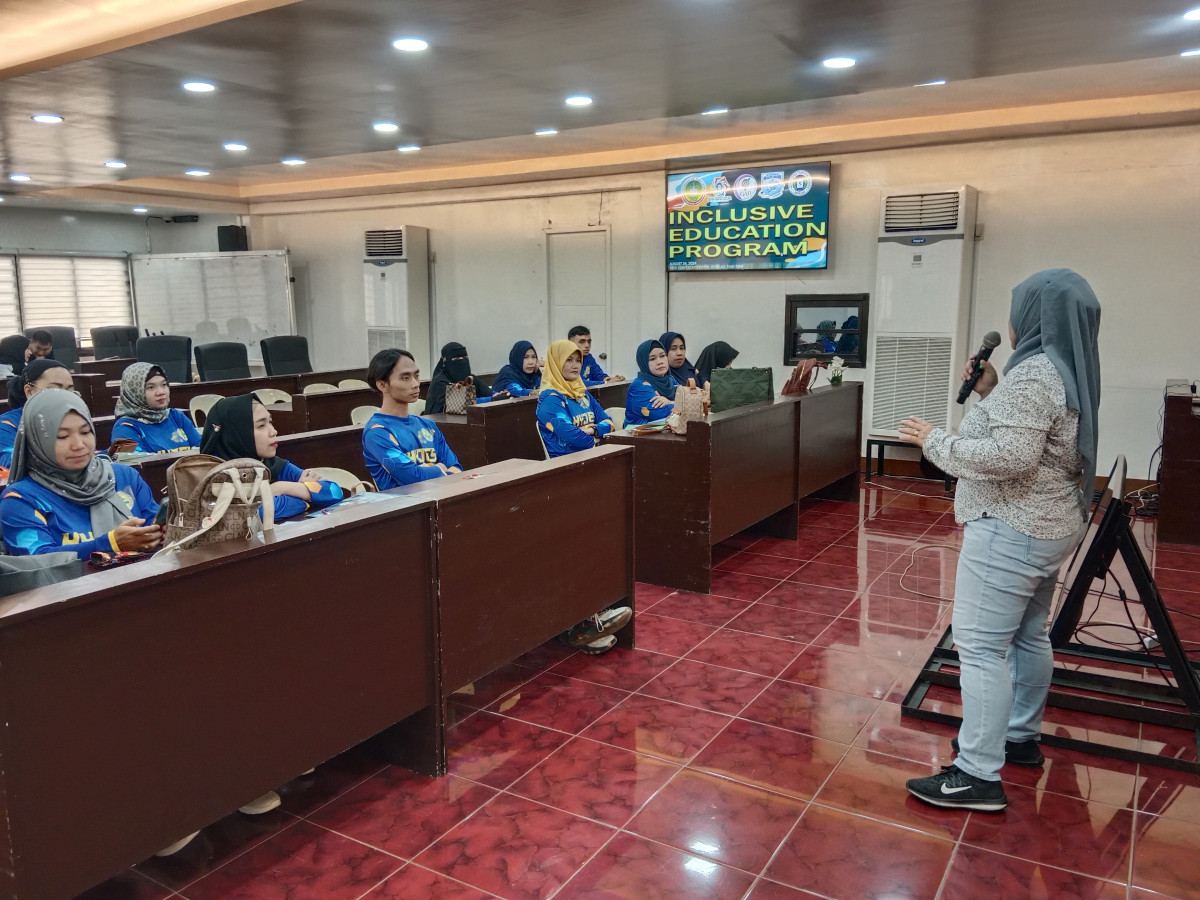Advancing Literacy and Supporting Vulnerable Children through Community Advocacy
Published: Nov 27, 2024 Reading time: 3 minutes Share: Share an articleIn the remote communities of Tawi-Tawi province, the Tawi-Tawi Family Life Foundation Inc. (TFLF) is focused on improving children’s literacy and advocating for better support for children with special needs. TFLF has implemented a targeted literacy program at Badjao Kasulutan Elementary School and partnered with the local government and civil society organizations (CSOs) to introduce initiatives for children with special needs. Their efforts go beyond raising awareness about the importance of education, they are also ensuring long-term impact by involving local governance in sustaining these initiatives.

Educators from the TFLF trained 30 student mentors to help their peers improve their reading and literacy skills. “These mentors learned the Marungko method, which teaches Filipino reading through step-by-step sound recognition, and the Fuller method, which focuses on practical exercises for reading and writing in English,” Satra explained.
The peer-to-peer approach empowered the mentors to support classmates struggling with reading.
Over the course of the project, 72 mentees completed 12 peer mentoring sessions, leading to an impressive 85% improvement in their literacy skills. “We’ve seen firsthand how the program has significantly improved their reading abilities,” Satra noted, reflecting on the project’s positive impact.
The project’s success extended beyond the classroom. The school recognized the value of the initiative and committed to continuing the use of the introduced modules. “After the project, the school decided to continue using the module because they saw how much it helped their students,” Satra added.
Expanding to Local Governance and Advocacy
Beyond educational support, TFLF has also focused on mobilizing CSOs and collaborating with the local government unit (LGU) to advocate for children with disabilities.
“Involving CSOs in governance is not just a responsibility; it’s about creating communities that are more inclusive and responsive to their needs,” Satra emphasized.
They organized a dialogue called Kapehan (coffee talks) to bring CSOs and LGUs together to identify pressing community issues. The event was attended by 30 participants from 10 CSOs focused on women, children, indigenous people, farmers, and senior citizens. Together, they prioritized supporting children with special needs.
Participants committed to rolling out the orientation campaign focused on children with special needs to their members. At the same time, the LGU pledged to hold orientations in pilot schools and daycare centres, highlighting the collaborative effort to raise awareness and improve support for vulnerable children.
TFLF, together with the LGU and other CSOs, conducted an orientation for schoolteachers and daycare workers across 35 barangays, focusing on recognizing signs and symptoms in children with special needs, how to manage these situations and understanding the broader impacts on children and their families.
To ensure continuity, the project ended with a commitment from the Gender and Development focal and the Local Council for the Protection of Children to keep advocating for these children. They also agreed to include CSO representatives in local special bodies to strengthen partnership community support for inclusion and long-term solutions.
A Path Toward Sustainability
These initiatives have not only improved literacy rates but also fostered a culture of active citizenship and community engagement. The collaboration between local government and CSOs has laid the foundation for sustainable development, ensuring that the voices of all community members, especially the most vulnerable, are heard.
“We will continue our advocacy as we always have. Through this project and the financial support, we’ve been more encouraged to do more for our community and engage more CSOs,” Satra concluded.
